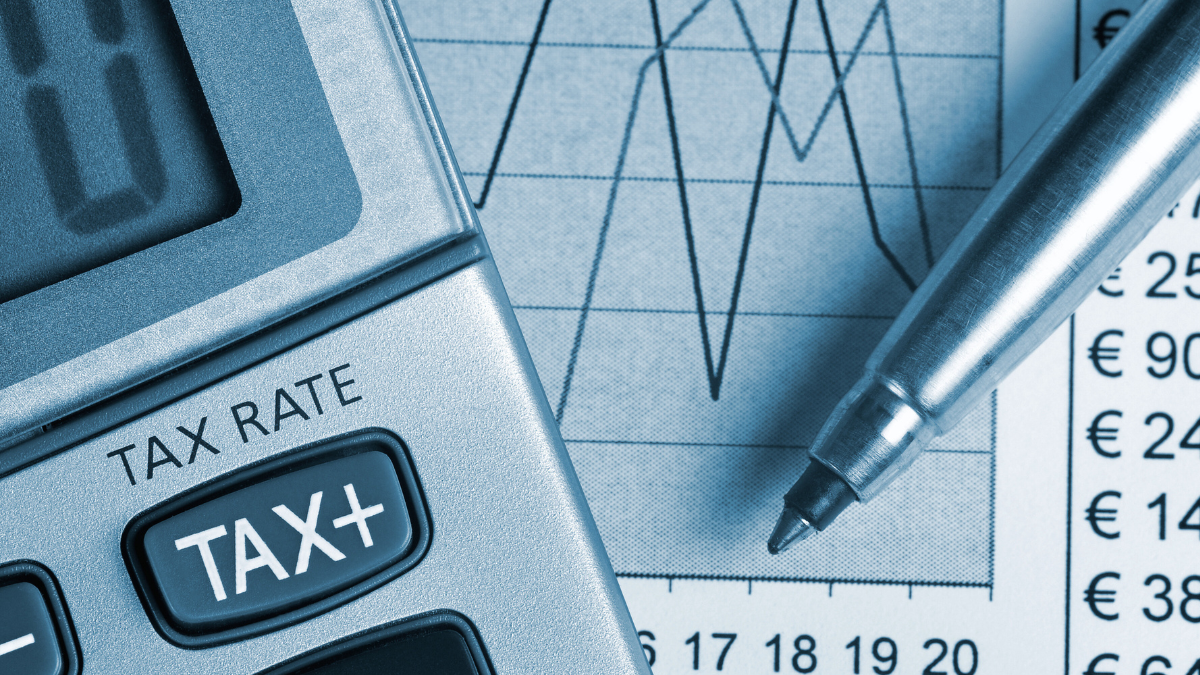411
Wealth Tax in South Africa: A Solution or a Tax-Avoidance Game for the Rich?

As South Africa grapples with rising inequality and fiscal pressures, the government is considering a wealth tax on high earners—a move that could shake up the country’s tax landscape.
With 7.5 million taxpayers contributing 37.4% of total revenue, and just 500,000 people paying 50% of all tax collected, a tax on wealth is being touted as a way to address economic disparities.
But will it work? Or will the country’s wealthiest simply find ways to avoid it?
South Africa’s Tax Reality: The Rich Already Pay the Most
While many South Africans might welcome a tax on the rich, there’s already a stark reality:
- Individual income tax remains the largest source of government revenue.
- Companies pay lower taxes than individuals, contradicting claims that the government is anti-business.
- High earners (R1 million+ per year) include both South Africans and expatriates, making them a key part of the tax base.
The Challenge of Tax Avoidance
Globally, wealth taxes often fail to generate the expected revenue. The ultra-rich can:
Use tax loopholes and legal tax avoidance strategies.
Move assets offshore to low-tax jurisdictions.
Shift income to lower-taxed investments or trusts.
Countries like France and Sweden tried wealth taxes but abandoned them due to capital flight and revenue inefficiencies. Will South Africa face the same fate?
A Bigger Issue: Government Spending
With income tax already stretched to its limits, experts argue that instead of raising new taxes, South Africa should focus on cutting government spending and improving tax collection efficiency.
The question remains: Will a wealth tax truly help close the gap, or will it drive investment and capital out of the country?
Follow Joburg ETC on Facebook, Twitter , TikTok and Instagram
For more News in Johannesburg, visit joburgetc.com















